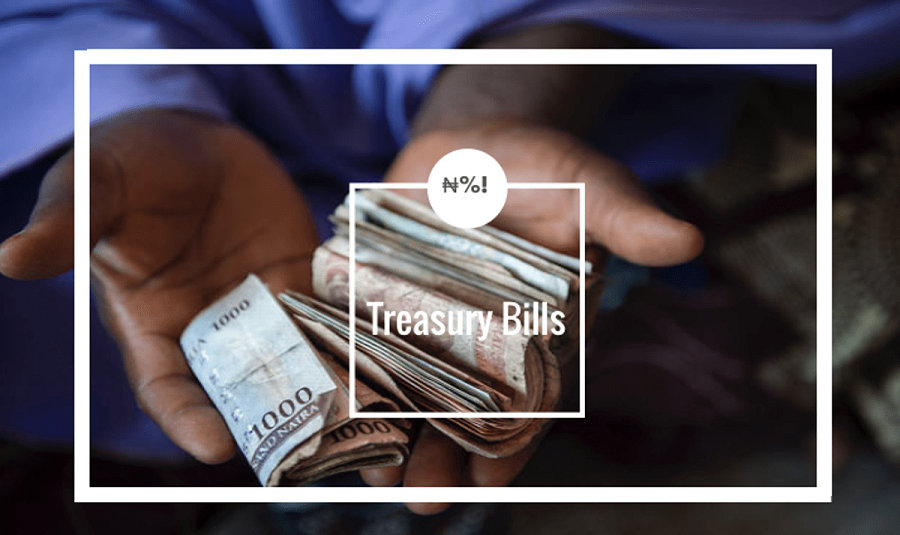Money market experts are uncertain over what to expect as the second half of the year takes off. This uncertainty is specifically hovering over the treasury bills and OMO (Open Market Operations) side of the market, according to Constance Onyia, a Fixed Income Dealer with Access Bank Plc.
Speaking to CBN Africa, yesterday, about what is happening in the money markets and what to expect during the second half of the year, Onyia said the CBN’s changing strategy has made it difficult to be predictive.
“Actually, we are expecting OMO auction tomorrow. But being that CBN’s strategy has changed (in the last two months they’ve not been rolling over all the maturities and sometimes they don’t even come for OMO), we don’t know what to expect; if there will be OMO auction tomorrow or not. And even if there’s an auction, they might no rollover everything on offer. So, we see that the strategy has changed a bit and we don’t know what to expect for the month or for the second quarter,” she said.
READ ALSO: African Development Bank to launch African Economic Outlook 2020 Supplement
Meanwhile, when the Head of Fixed Income Trading at United Bank for Africa (UBA) Plc, Bankole Odusanya, was asked the same question, he said “the Debt Management Office has a calendar and what is on play is simply that the exact amount that is maturing is what they plan to offer. If we saw that they increased the amount they wanted to offer, then you could be tinkering with your pricing. So, the amount that is maturing by-weekly (on Thursdays) is what they plan to raise.”
In the meantime, liquidity in the Nigerian banking system is said to be below N100 billion. And because this liquidity level is not excessive, experts do not expect the CBN to come in heavily with OMO maturities. As Odusanya pointed out, the amount of OMO bills by the CBN has reduced significantly over the last few weeks, even as the apex bank now relies more on Cash Reserve Ratio (CRR) to control liquidity.
READ MORE: Nigerian Treasury Bills fall to 3.84% per annum
You may watch both interviews with Onyia and Odusanya by clicking here and here.


















